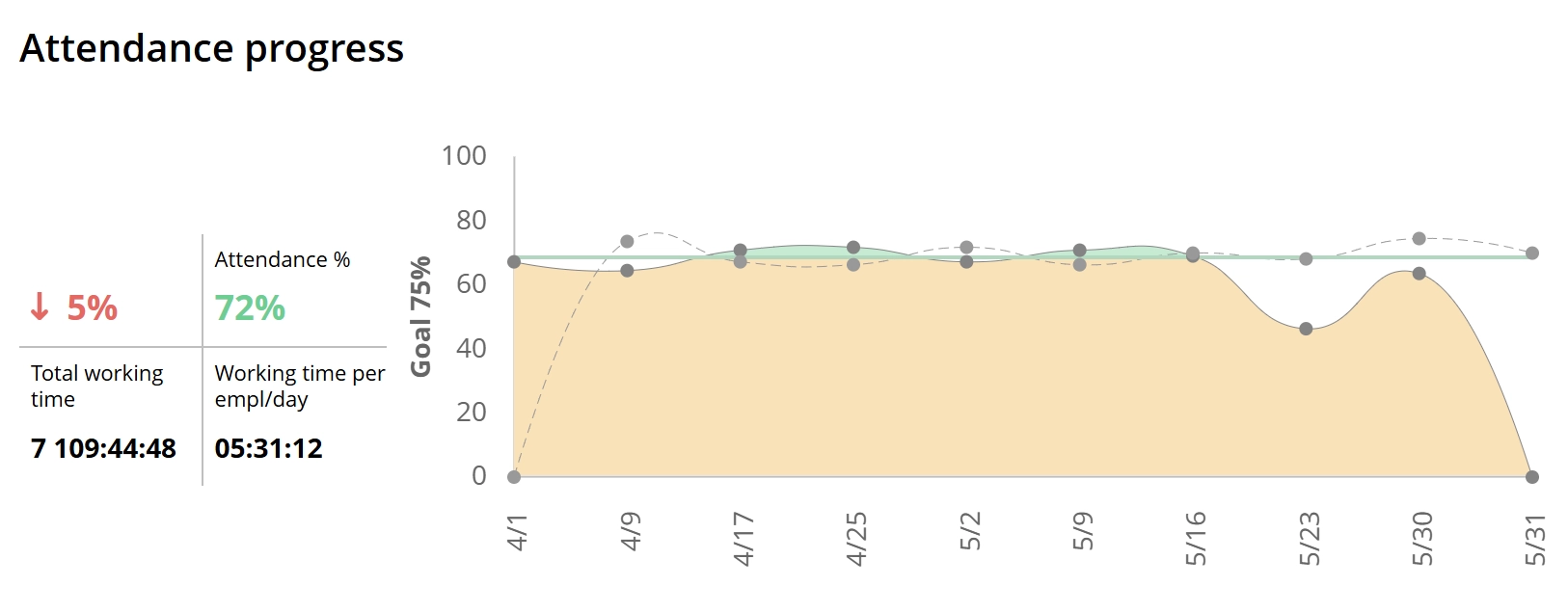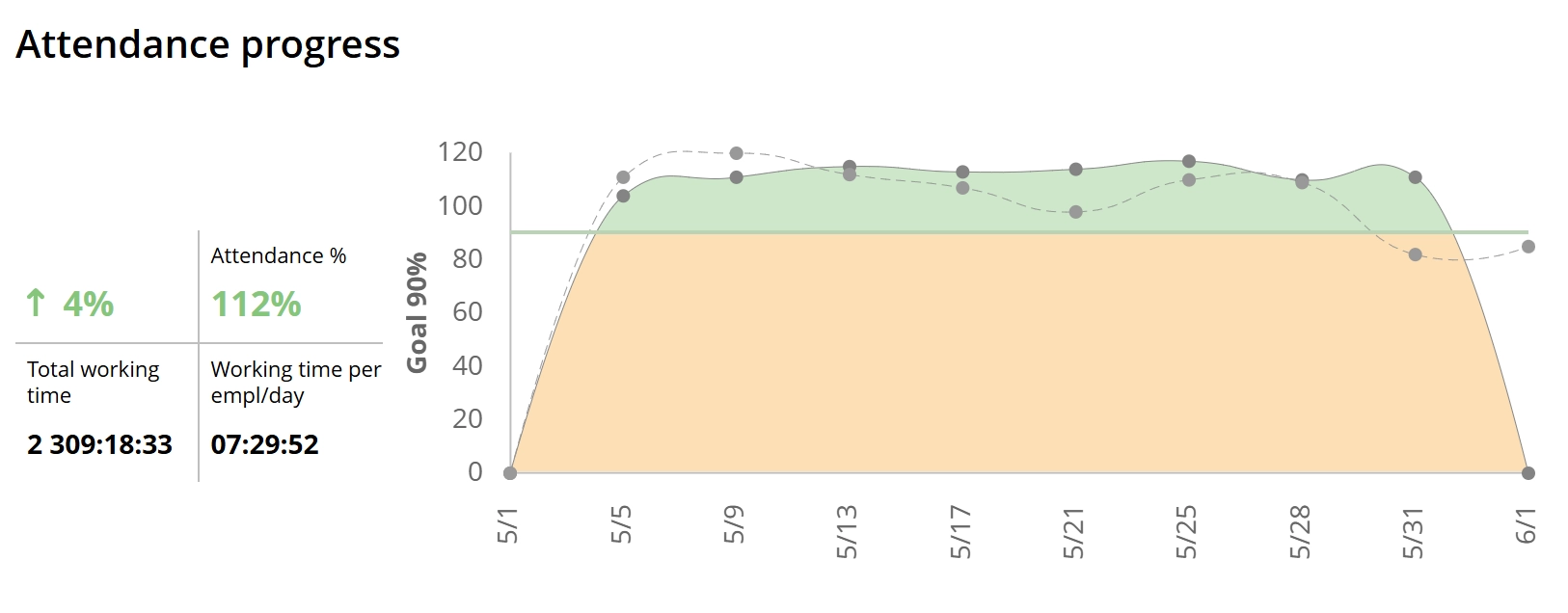Stopping WorkTime led to a 10% performance drop - reversed in days after restarting it!
Industry: Insurance Country: USA Size: 5,000+ employees Issue/challenge: A U.S. insurer with thousands of employees needed to keep hybrid teams productive while protecting sensitive customer data. Solution: WorkTime Cloud Enterprise Result: The insurer improved response times, reduced absenteeism, and strengthened compliance while maintaining employee trust.Executive summary
A U.S. insurance company with over 100 years of history and more than 5,000 employees needed a way to keep service teams productive while many staff members moved to hybrid work. They introduced WorkTime Cloud Enterprise to measure productivity in a clear and respectful way. The result: stronger performance in call centers and claims, better compliance, and trust from employees who knew they weren’t being spied on.Issue / challenge
Thousands of employees spread across offices and home environments. Call centers and claims teams under pressure to keep response times high. Strict data protection rules (GLBA) that left no room for risky monitoring. Desire to track real work activity, but without screenshots or keystroke logging that feel invasive.

Poor attendance was a recurring issue across service and claims teams. With a large hybrid workforce, the company needed a clear way to track presence and ensure consistent coverage without relying on invasive tools.
Solution: WorkTime Cloud Enterprise
The company adopted WorkTime Cloud Enterprise, which focuses on clarity and security instead of surveillance. Privacy-first monitoring: no screen captures, no keystroke details. Secure by design: AES-256 encryption, RBAC, GLBA-safe mode for sensitive roles. Easy to scale across thousands of hybrid employees. Reports that show active time, attendance, and application focus — simple to understand for both managers and staff.Usage
The rollout began in customer service centers, where leaders used WorkTime reports to check attendance and workload balance. Once proven, it expanded to claims and back-office teams. Weekly analytics reviews helped managers: Spot bottlenecks and delays. Coach employees with clear, non-intrusive data. Balance workloads fairly. Because employees could see that the system wasn’t capturing personal content, they accepted it readily. Transparency was the key.Results
18% faster response times in service centers. Absenteeism decreased, thanks to visible attendance patterns. Compliance protected, with monitoring aligned to GLBA. Operational bottlenecks reduced, supporting the company’s digital service goals. Employee trust maintained: staff reported preferring this approach to traditional monitoring.

Attendance improved dramatically. The company now reports excellent coverage across service and claims teams, ensuring faster response times and more reliable customer support.









